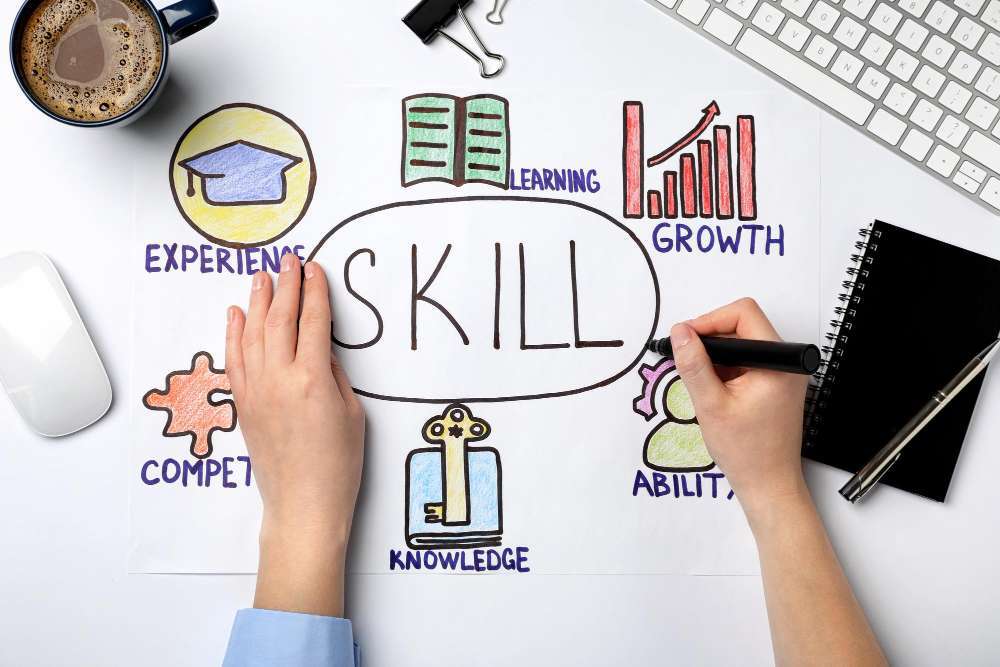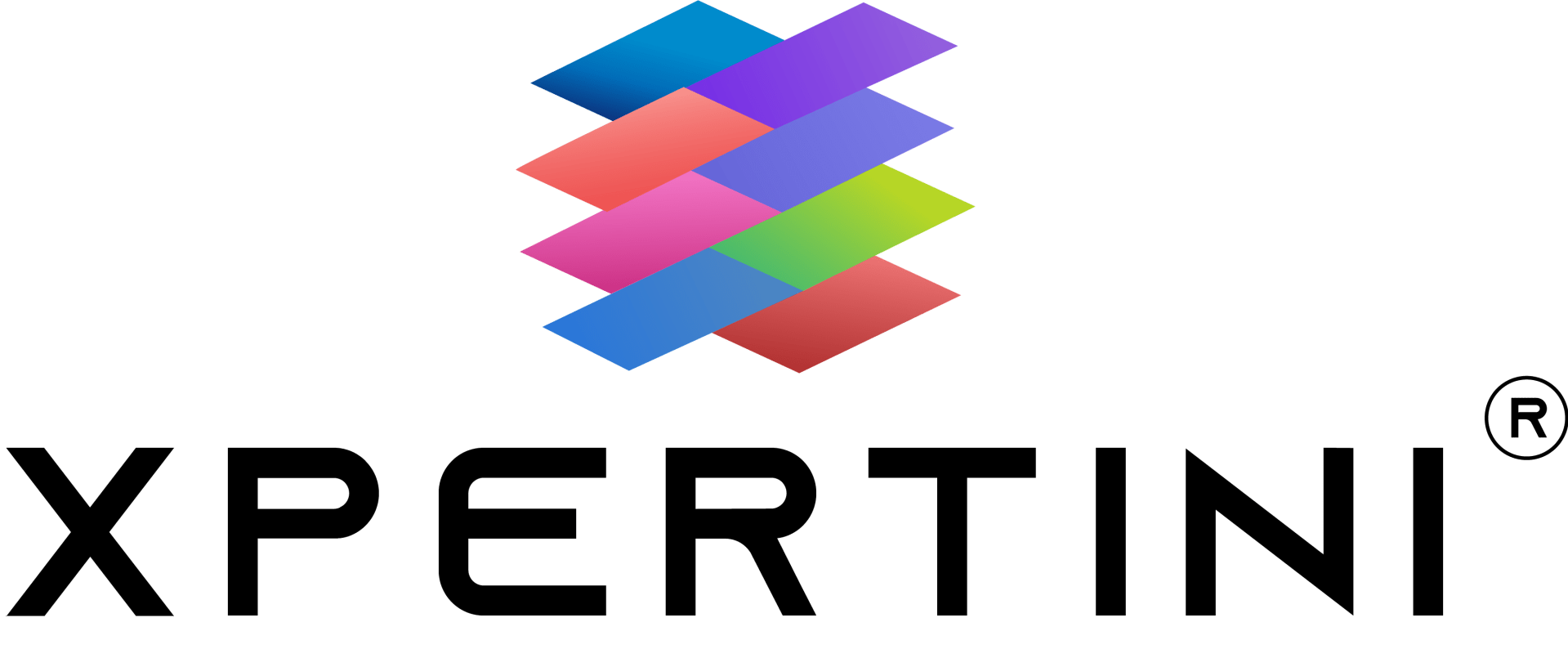The future of work is no longer a hazy crystal ball; it’s a rapidly approaching storm system reshaping industries and demanding new skillsets. To thrive in this dynamic landscape, equipping yourself with the in-demand skills for the future workplace is not just advisable, it’s essential. This isn’t about chasing fleeting trends; it’s about recognizing the fundamental forces driving professional evolution and aligning your skillset with their inevitable impact.

1. Technological Agility: Dancing with the Machines
Automation and artificial intelligence are no longer science fiction; they’re infiltrating every facet of work. The future workforce won’t be defined by its ability to compete with machines, but by its ability to collaborate with them. Mastering the tools of automation, learning to interpret data effectively, and understanding the limitations of AI will be crucial for navigating this increasingly intertwined landscape.
2. Data Fluency: Speaking the Language of Insights
Data is the new oil, and data fluency is the refinery that transforms it into actionable insights. The ability to gather, analyze, and interpret data from diverse sources will empower individuals to make informed decisions, solve complex problems, and optimize processes. Whether it’s diving into spreadsheets or mastering data visualization tools, data fluency will be the language of future leaders.
3. Critical Thinking and Problem-Solving: Untangling the Gordian Knots
As automation handles routine tasks, human minds will be freed to tackle the thornier challenges – the unforeseen problems, the complex ethical dilemmas, the intricate puzzles that resist algorithmic solutions. Honing critical thinking skills, cultivating creative problem-solving approaches, and embracing divergent thinking will become the hallmarks of those who shape the future, not simply react to it.
4. Adaptability and Lifelong Learning: Embracing the Metamorphosis
The future of work won’t be defined by static skillsets; it will be a continuous dance of learning, unlearning, and relearning. Embracing adaptability as a core value will be paramount. Cultivate a thirst for knowledge, be open to new technologies and methodologies, and view learning not as a chore, but as a passport to a continuously evolving future.
5. Communication and Collaboration: The Symphony of Success
Even in the age of individual brilliance, success will be orchestrated by communication and collaboration. Mastering the art of clear, concise communication, fostering empathy and active listening, and building trust in diverse teams will be the cornerstones of effective collaboration. Remember, no solo can match the power of a well-rehearsed symphony.
6. Emotional Intelligence: Leading with Empathy and Self-Awareness
As technology handles information, emotional intelligence will rise to the forefront of human leadership. Understanding your own emotions and those of others, navigating interpersonal dynamics effectively, and fostering emotional agility will be crucial for building strong relationships, resolving conflicts, and inspiring peak performance in teams.
7. Creativity and Innovation: Painting the Canvas of Tomorrow
While machines excel at crunching numbers and following algorithms, they lack the spark of creativity. The ability to think outside the box, generate new ideas, and challenge the status quo will be the differentiator between those who follow and those who lead. Nurture your creative spirit, explore divergent thinking techniques, and embrace innovation as the brushstroke that paints the future.
8. Resilience and Grit: Weathering the Storm
The future workplace won’t be a smooth highway; it will be a winding road with unexpected detours and occasional potholes. Developing resilience – the ability to bounce back from setbacks, navigate through uncertainties, and persevere through challenges – will be essential for long-term success. Embrace challenges as opportunities to learn, build grit as a muscle, and remember, the strongest trees are forged in the fiercest winds.
9. Ethics and Social Responsibility: Weaving a Web of Integrity
As technology expands its reach, the need for ethical considerations and social responsibility grows equally. Understanding the potential societal implications of emerging technologies, navigating ethical dilemmas with integrity, and championing responsible innovation will be critical for ensuring that the future of work benefits all, not just a select few.
10. Self-Management and Time Optimization: Orchestrating Your Own Performance
In the flexible landscape of the future workplace, self-management will be key. Mastering time management techniques, setting clear priorities, and maintaining a healthy work-life balance will be crucial for individual productivity and well-being. Remember, you are the conductor of your own performance, so orchestrate your time and energy wisely.
Navigating the in-demand skills for the future workplace is not about acquiring a checklist of qualifications; it’s about adopting a growth mindset. Embrace lifelong learning, cultivate flexibility, and view challenges as opportunities to evolve. By investing in these
Additional Resources:
Table of Contents
Categories:
- 10 Dynamic Strategies for Achieving Diversity, Equity, and Inclusion Excellence in the Workplace
- Master the Future: Top 10 In-Demand Skills for the Evolving Workplace
Latest Posts:
FAQs:
I feel overwhelmed by the sheer number of in-demand skills. Where do I even begin?
A: Start by identifying your existing strengths and interests. What aspects of your work do you enjoy most? What skills do you already possess that align with the future trends? Build upon these strengths and choose a few key skills from the list above that resonate with you. Remember, lifelong learning is a marathon, not a sprint. Pace yourself, prioritize effectively, and celebrate your progress along the way.
I’m worried about losing my job to automation. Should I focus on learning technical skills to compete with machines?
A: While technical skills will undoubtedly be valuable in the future workplace, remember that machines excel at following rules and procedures. The skills that will truly set you apart are those that machines struggle with: creativity, critical thinking, problem-solving, and emotional intelligence. Focus on developing these uniquely human attributes, and learn to collaborate effectively with technology, not compete against it.
I’m already well-established in my career. Do I still need to worry about future-proofing my skillset?
A: Absolutely! The future of work is a continuous evolution, and even the most established professionals need to adapt and learn. Embrace lifelong learning as a way to stay relevant, expand your horizons, and open doors to new opportunities. Remember, in the dynamic landscape of the future, the only constant is change, and the willingness to learn and adapt is your key to success.
